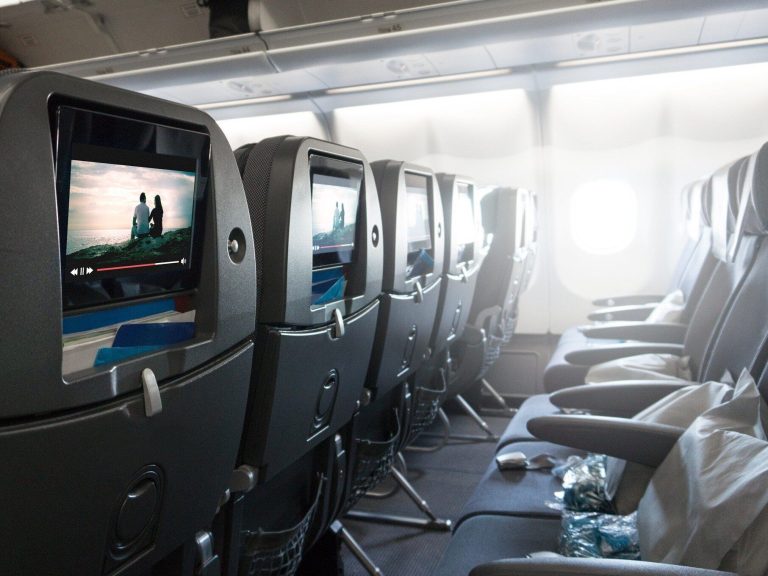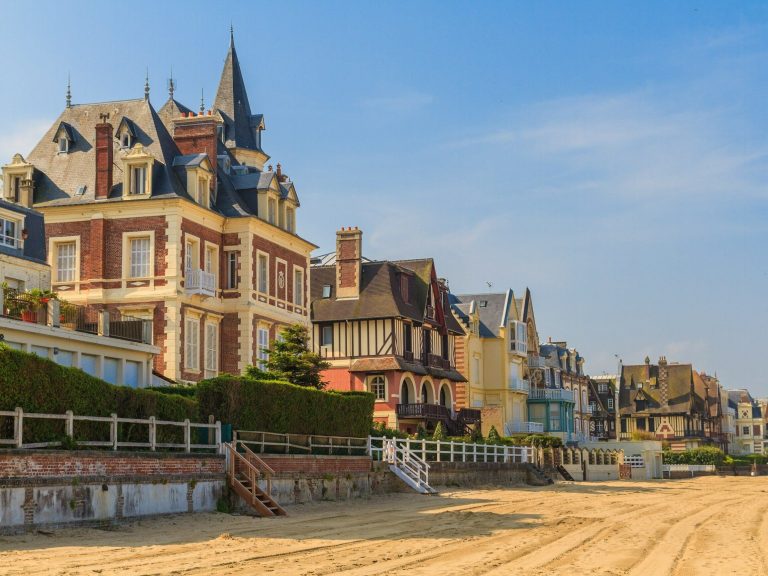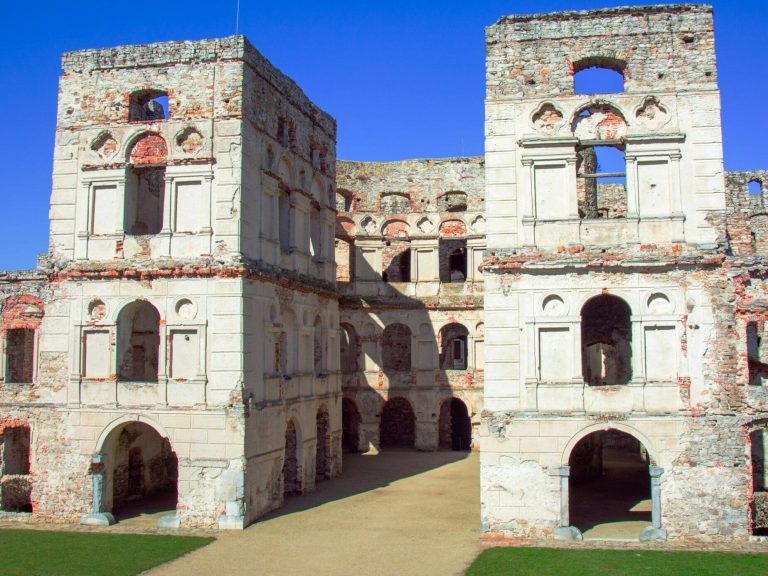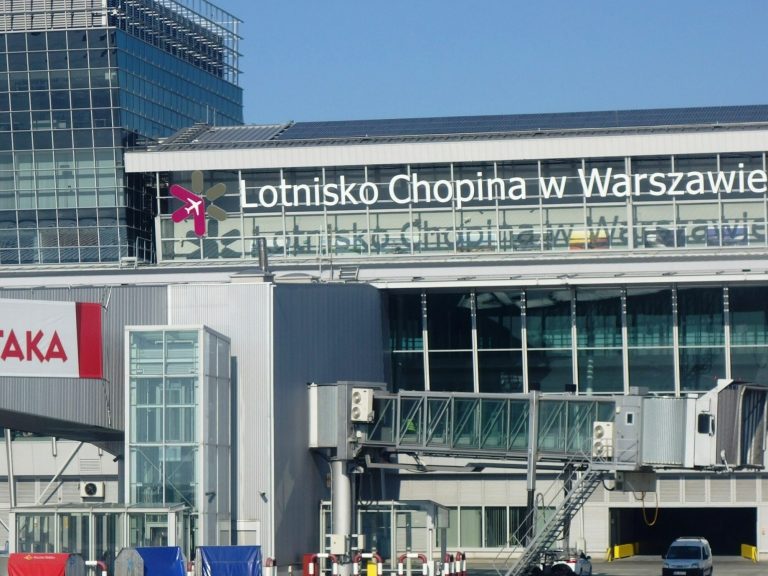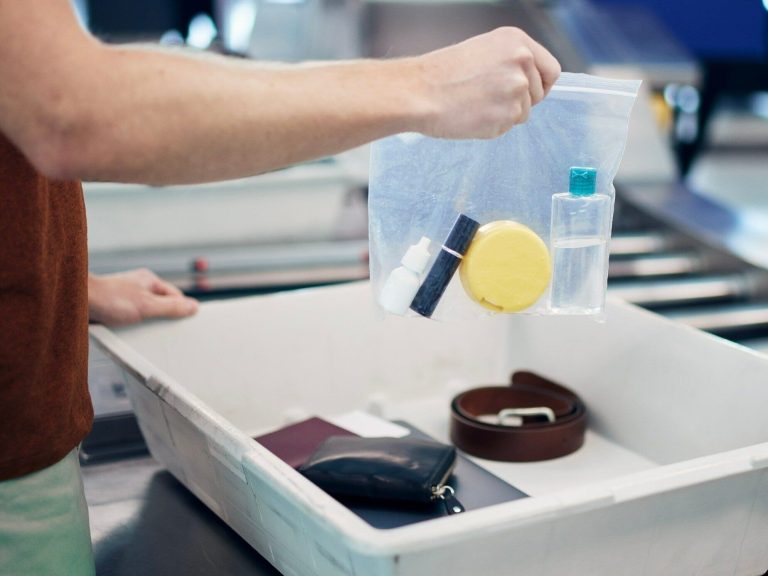What do the stars next to hotel names mean? See how they are awarded and why they are important

When choosing a hotel, guests pay attention to the star markings next to the name of the facility. Do you know how they are awarded and what they really mean?
A hotel's star rating is crucial for most tourists. When they go on holiday, they often choose accommodation based on this classification. What does it mean and what can you expect from 3-, 4- or 5-star hotels?
What do hotel stars mean?
As you might guess, hotel stars correspond to the standards and amenities that guests staying at a given facility can count on. The classification is most often based on a 5-point scale, although for several years there has also been talk of 6- or even 7-star facilities. We will write below about whether they can really offer “that much”. However, it is worth taking into account the fact that hotel categorization may be different on each continent and in different countries. Moreover, there will also be regions in the world where we will not find such markings in the names of hotels at all. Therefore, the most important thing is to read the opinions of guests who have already visited a given facility and check whether it offers what we want.
So what does it mean for a hotel to have 1, 2, 3 or 4 stars?
1- and 2-star hotels offer guests the fewest amenities. Their rooms are usually small and contain a bed, a wardrobe and a small desk. In such a case, the bathroom is usually located in the corridor or assigned to several rooms. The few amenities also result in the lowest price per night.
3-star facilities are those of a much higher standard than those described above. Their rooms are larger, better equipped, and the bathroom is often assigned to a specific guest/couple/family. In addition, such a facility often offers a café/bar/restaurant. If they do not have this facility, they must be located a maximum of 500 meters from the nearest place to eat.
4-star hotels are those that have a really high standard. Its rooms are much more luxurious than the previous categories. Such a facility has a restaurant/cafe/bar, and customers must also be able to buy snacks and something to drink there. 4 stars also require that there is convenient parking for guests nearby or in/under the facility. Guests should also have room service available 24 hours a day, washing and drying clothes, and wake-up calls.
5-star hotels are characterized by amenities such as swimming pools, gyms, SPA, well-equipped rooms with drinks such as coffee or tea, and daily cleaning. Air conditioning should also be standard here, although today it is also normal in facilities of lower categories.
The above-mentioned facilities and classification are characteristic of facilities in Poland and Europe. However, this may vary depending on the country. Where does such a system apply, and where is it worth paying attention to other things and being careful?
How does the star rating system work?
Euronews Travel journalists asked the president of the European Hotelstars Union and member of HOTREC (Confederation of National Associations of Hotels, Restaurants, Cafes and Similar Establishments in the European Union and the European Economic Area), Markus Luthe, about these issues.
“Across Europe, 21 countries use a common rating system that rates hotels using stars. Each of them is assessed based on 247 criteria divided into five categories. Each criterion is assigned points depending on its importance, from 1 to 20 points. For each category, there is a list of mandatory criteria and additional criteria that can be used to earn more points,” Luthe said.
However, merely meeting the minimum criteria is not enough to obtain a star rating. Hotels that meet all mandatory criteria in their category and offer an exceptional level of service are awarded the suffix “Superior”. However, there are exceptions to all rules. Hotels up to four stars can still achieve a ranking of e.g. 4 stars by operating without a restaurant. In such cases, they can still be marketed as a “hotel without a restaurant”.
This is not the only thing worth paying attention to. Although Europe has a fairly standardized way of rating hotels, some countries use their own systems. These include France and Portugal. In other countries, such as Finland and Norway, there is no star rating at all.
At the other end of the spectrum, Spain and Italy use 17 and 21 separate regional classifications respectively to rank their hotels.
“We are in close contact with these countries, but each of them has its own reasons for not participating in the Hotelstars Association (yet). These are in particular structural political considerations, the institutions involved or specific market conditions,” adds Luthe tells Euronews Travel.
What does the star rating process look like from start to finish? Hotel owners must complete a comprehensive self-assessment questionnaire, which is then sent to the Hotelstars Association for assessment. After the rating, an on-site audit is carried out to check whether the hotels do not rate themselves too highly. If the inspection is completed satisfactorily, the appropriate star rating will be awarded – although this is not always that simple.
Luthe says there are two possible scenarios if hotels aren't worth the rating they give themselves, or don't qualify for any rating at all.
“The first scenario is when a hotel advertises itself with stars even though it is not rated. We will contact such hotels and ask them to remove these stars. If the hotel does not comply with the request, you can report this to your national consumer protection or competition authority, says Luthe. “The second scenario occurs when the hotel in the classification process does not meet the minimum required criteria, e.g. regarding hygiene or safety. In such cases, the hotel is not subject to any classification at all,” adds Luthe.
What about hotels that advertise themselves as having 6 or 7 stars? In Europe, HOTREC member countries have agreed to rate their hotels solely on the traditional five-star scale.
Although this would seem to rule out the existence of 6- or 7-star properties, higher ratings (i.e. “Superior”) can be awarded to truly exceptional properties. Those that offer not only quality, but also experience.
“If hotels with more than 5 stars sometimes appear in the media, to our knowledge these are only advertising messages of the hotel or the media, which are not based on the official catalog of criteria,” adds the expert.
According to HOTREC, hotel stars remain one of the most frequently used search filters on booking portals. This benefits both travelers, who often use stars to narrow their hotel searches early on, and the booking sites themselves.

